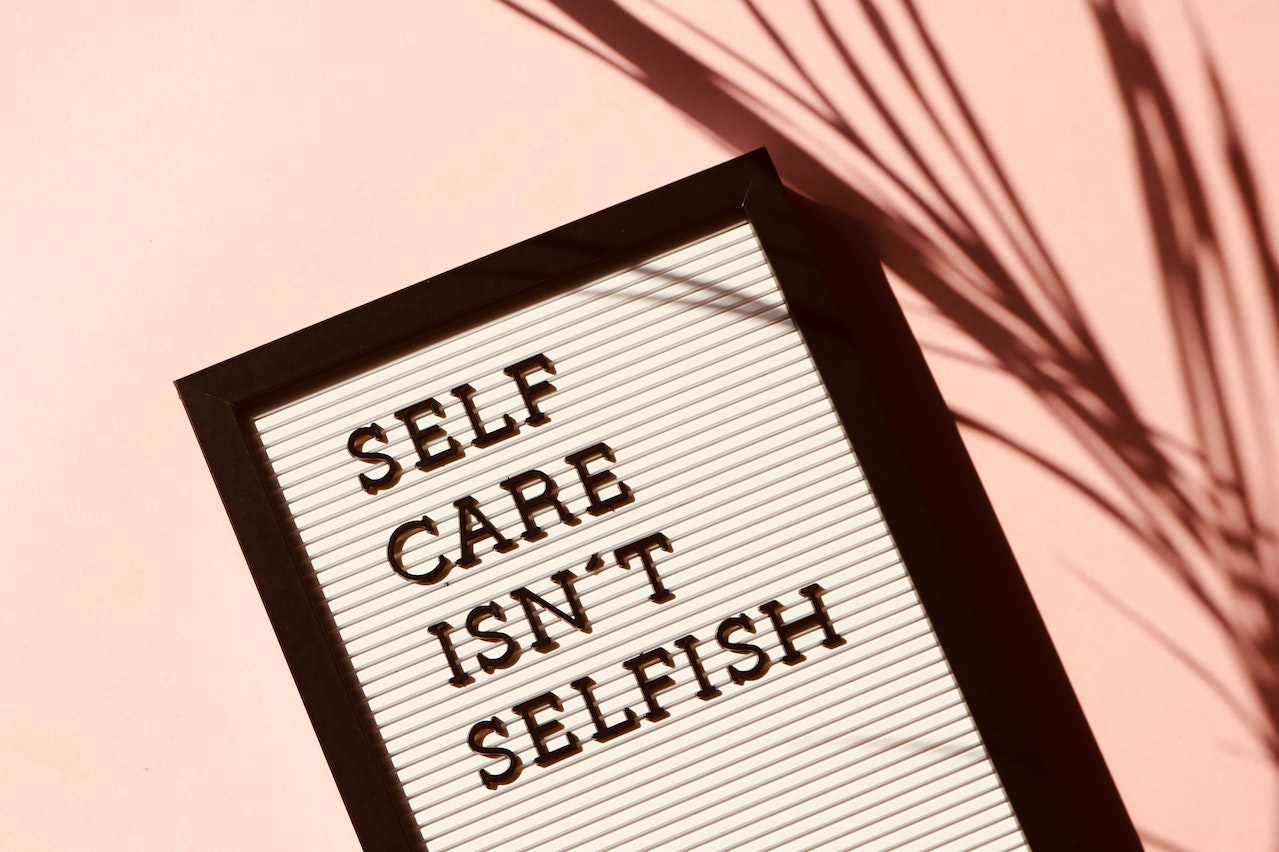
Toxic positivity: the dark side of positive thinking and how to deal with it
For many years, several studies and media have emphasised the value of positive thinking and its benefits to mental health.
This can often encourage people to engage in activities that make them feel good and forget about their worries. Some even turn to coaching services online as a source of empowerment.
While the power of positive thinking can’t be denied, it also comes with a dark side in the form of toxic positivity..
Shame
Forcing a positive outlook on negative situations can drive a person to stay silent about their struggles. Many of us don’t want to give a negative impression to others, so if we have to pick between being honest and brave or pretending everything is fine, we feel tempted to do the latter.
When someone is going through a difficult time, they have to know their emotions are normal and valid. The thing about toxic positivity is it makes someone feel their emotions are unacceptable. The only way to find relief and acceptance is to talk with trusted family members and friends.
Shame begins with judgment, secrecy and silence. When we’re in denial or hiding something, shame begins to emerge. It’s a crippling feeling that can make you feel uncomfortable about your own emotions. If you keep obsessing about what others will think about you, or feel vulnerable if the world knows what you’re going through, it’s a sign that you’re suffering from shame because of toxic positivity.
Suppressed emotions
Several studies reveal that denying or hiding feelings causes stress and difficulty avoiding distressing feelings and thoughts. If you suppress your emotions by pretending to look positive, you may look cool and calm on the outside, but your body is already dealing with a lot of stress.
Experts say that expressing various emotions (including the negative ones) and using words to explain how we feel help regulate the body’s stress response.
Toxic positivity happens when we refuse to show the negative side of our persona, so we resort to pretending to look happy and cheery all the time. We also tend to believe that everything happens for a reason, and there’s nothing we can change about it. When we refuse to acknowledge our feelings, the suppressed emotions will later manifest in the form of stress, anxiety, depression, or even physical symptoms.
Social isolation
When you deny the truth, you start to live authentically and detach yourself from the world. In the process, you cut ties with your inner self, which makes it difficult for people to relate and connect with you.
The relationship you have with yourself also affects your relationship with other people. If you’re not being honest with your feelings, how can you expect someone to be comfortable expressing their feelings to you? Remember, creating a made-up emotional world attracts more fakes, which leads to superficial friendships and counterfeit intimacy.
How to deal with toxic positivity
Acknowledging your emotions is the best way to deal with toxic positivity. Whether good or bad, you have to acknowledge emotions by talking about them.
This explains why mental health experts use talk therapy to encourage honest and open dialogue about matters that cause you distress. When you talk about your feelings, you allow them to move them out of your body. Staying sane and healthy is about learning how to honour your feelings and embrace all the good and bad sides of yourself.
If you’re still not comfortable about sharing your feelings with others, why not start writing a journal to put your feelings into words? Psychologists usually encourage their patients to write about what they feel because it reduces the intensity of emotions, such as pain, anger, and sadness.
You should also learn to listen and validate others’ emotions, even it’s different from yours. Remember, every person is entitled to their own feelings, so don’t shame them for their emotions. People have different coping mechanisms; the best way to help them is to offer gentle nudges and appropriate suggestions.
While positive thinking plays a critical role in our health and well-being, it can also be counterproductive and mind-altering if used as an escape from our emotions and reality. In the end, a good emotional disposition begins with recognising your emotions and setting the balance between the good and bad sides of your life.
*This is a collaborative post.



